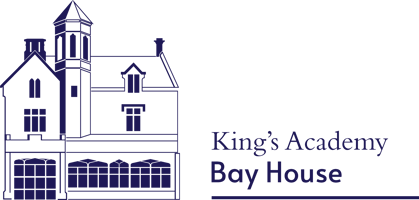Ancient History
This course can be studied alongside History and involves an exploration of Ancient Greece and the Collapse of the Roman Republic. No prior knowledge of the Ancient World is required.
A LEVEL ANCIENT HISTORY
(OCR specification)
Ancient History is a humanistic subject, with similarities to History, Politics or Geography, and can be studied alongside the History A Level offered at Bay House. It is not expected that students will have prior knowledge from their GCSE subjects; however, to be successful candidates require a sound standard of English and an interest in the military, political, religious, social and cultural history of the Ancient Greeks and Roman Empire. For those who wish to further their studies of Ancient History at degree level it can be read in its own right or combined with History, Archaeology or Classical Civilisations.
Lower Sixth Content
Component 1: Relations between Greek and non-Greek states, 492-404BC
This period study will focus upon the unfolding narrative of the relations between the Greek city-states and their confrontations with the Persian Empire during the period 492–404 BC. This will include investigations of the challenge of the Persian Empire, the Archidamian War and the events of the Peloponnesian War.
Component 2: The Julio-Claudian emperors, 31BC-AD68
The focus of this module will be upon the narrative of the establishment and development of the Roman principate under Augustus, Tiberius, Gaius, Claudius and Nero. The military, social and political achievements of these emperors, and their treatment by the ancient sources, will be explored.
Students will complete two internally moderated examinations at the end of the Lower Sixth Year. Both examinations will last 120 minutes and will be equally weighted.
Upper Sixth Content
For those students who continue to study Ancient History in the second year of Sixth Form the following examinations will be sat at the end of the course.
Component 1: Relations between Greek and non-Greek states, 492-404 BC (as previously outlined) and The Society and Politics of Sparta, 478–404 BC
The second half of this component will focus upon Spartan society and the interplay of social, political and military forces in Sparta between 478 and 404 BC. Students will be able to identify and describe the main features of 5th century BC Sparta and develop an understanding of the lives, contributions and experiences of the different groups and individuals in Spartan society during this period.
Component 2: The Julio-Claudian emperors, 31BC-AD 68 (as previously outlined) and The Breakdown of the Late Republic, 88–31 BC
A study of the Breakdown of the Late Republic will provide context to the work completed by students in the first year which concentrated on the Julio-Claudian emperors. This study will develop an understanding of the political, military, social and economic factors that the late Roman Republic faced, which ultimately brought about its disintegration and reformation under the sole rule of Octavian.
Both examinations last 150 minutes and are equally weighted.
GCSE requirements:
English Language – grade 4
Grade 5 in at least two literate subjects
Student Quote?
